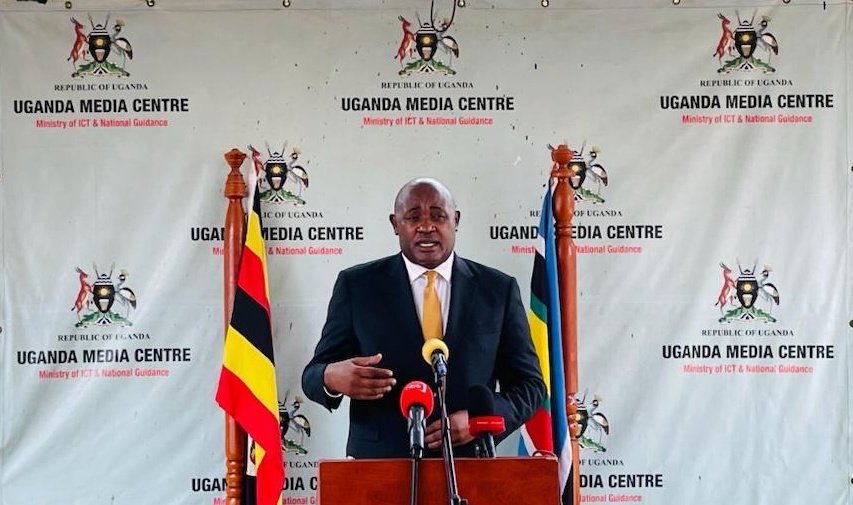Chris Baryomunsi, Uganda’s Minister of Information, Communication, Technology, and National Guidance, has announced plans to use a loan obtained from the Exim Bank of China to provide internet access to all sub-counties across the country.
With a US$150 million loan, Baryomunsi said, the government will connect all sub-counties to the National Backbone Infrastructure (NBI), surpassing the existing connections to ministries, departments, agencies (MDAs), and district headquarters.
“This is vital for ensuring that all regions benefit from the digital economy. Last mile connectivity, the final segment connecting the NBI to end-users, is essential in achieving comprehensive access to e-Government services,” Baryomunsi said.
Read also: Huawei sets ambitious goal to expand HarmonyOS with 100,000 new apps
The announcement was made during a session of Parliament on Tuesday, November 26, 2024, presided over by Speaker Anita Among.
Past loans to improve internet connectivity in Uganda
This new initiative follows previous loans aimed at enhancing Uganda’s internet connectivity. In 2022, the World Bank provided US$200 million for the Uganda Digital Acceleration Project (UDAP), of which US$60 million was a grant. Additionally, in 2023, the Exim Bank of China funded Phase V of the NBI with another US$150 million.
In order to provide high-speed Internet to 1,567 MDAs, hospitals, districts, and other target groups, the government has so far installed 4,298.87 kilometres of optical fibre cable using the National Backbone Infrastructure, Baryomunsi told MPs.
As part of the UDAP Project, the government plans to build 21 transmission sites, expand the last mile connection to 2,800 locations, and extend optical fiber cable to 63 additional districts. Baryomunsi also highlighted the expansion of electronic government services, such as the Parish Development Model Online System (PDMIS), the Health Management Information System (HMIS), and the Education Management Information System (EDMIS), the Integrated Financial Management Services (IFMS), the e-government Procurement system (e-GP), the e-Passport, the e-visa, and the e-Passport.
Baryomunsi said, “Government has witnessed a significant increase in the adoption and use of e-services which has increased efficiency within government and improved public service delivery to citizens. We will benefit from additional economies of scale and bring the cost of internet bandwidth further down.”
Read also: AXIAN Telecom rebrands subsidiaries to Yas, to unify operations across Africa
Improved access at Uganda’s main borders
According to information obtained by Parliament, at least 10 of Uganda’s main borders have been connected to Wi-Fi
This development facilitates immigration services, customs clearance, and e-Visa applications.
However, MPs raised concerns about the functionality of the 300 planned Wi-Fi hotspots, particularly the “MyUg” hotspots, which some reported as inaccessible.
“I want the minister to look for MyUg Wi-Fi hotspot and see if it connects, it is not working yet it is one of the hotspots meant to serve urban centres,” Kalangala District Woman MP, Hon. Helen Nakimuli stated.
Hon Helen Nakimuli, MP for Kalangala District, welcomed the government’s plan to expand internet infrastructure to island areas but urged better coordination between ministries responsible for road construction and ICT to ensure effective deployment.
Hon Dickens Kateshumba, MP for Sheema Municipality, urged the government to monitor the impact of these digital initiatives, particularly focusing on access, affordability, and the benefits of the loans in improving production and public service delivery.
“You have indicated in one of your loans, 47 per cent has been spent but your statement is largely a procurement activity. As Parliament, we would be interested in the impact in terms of access, affordability and the benefits on which the loans were premised,” Kateshumba said.
